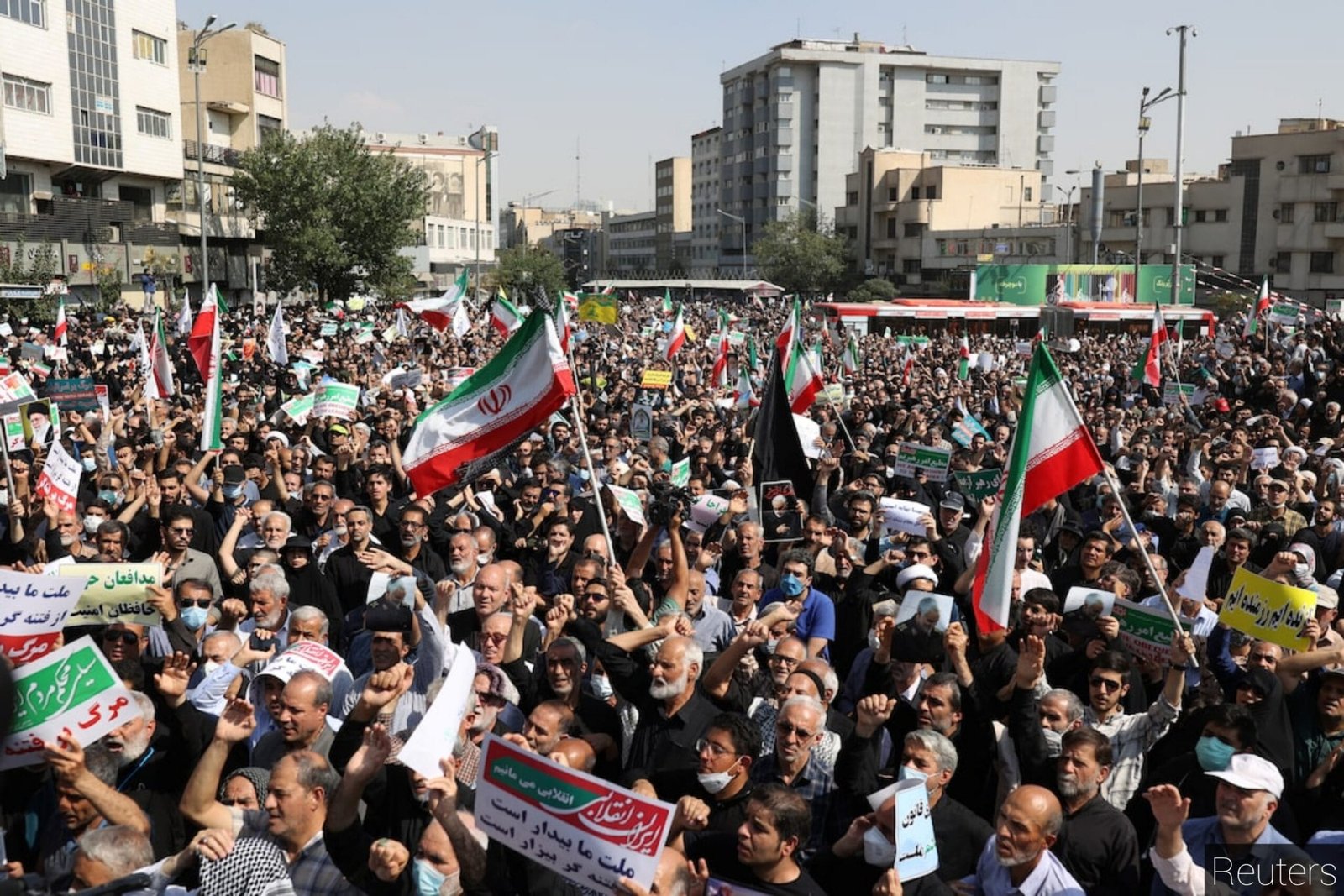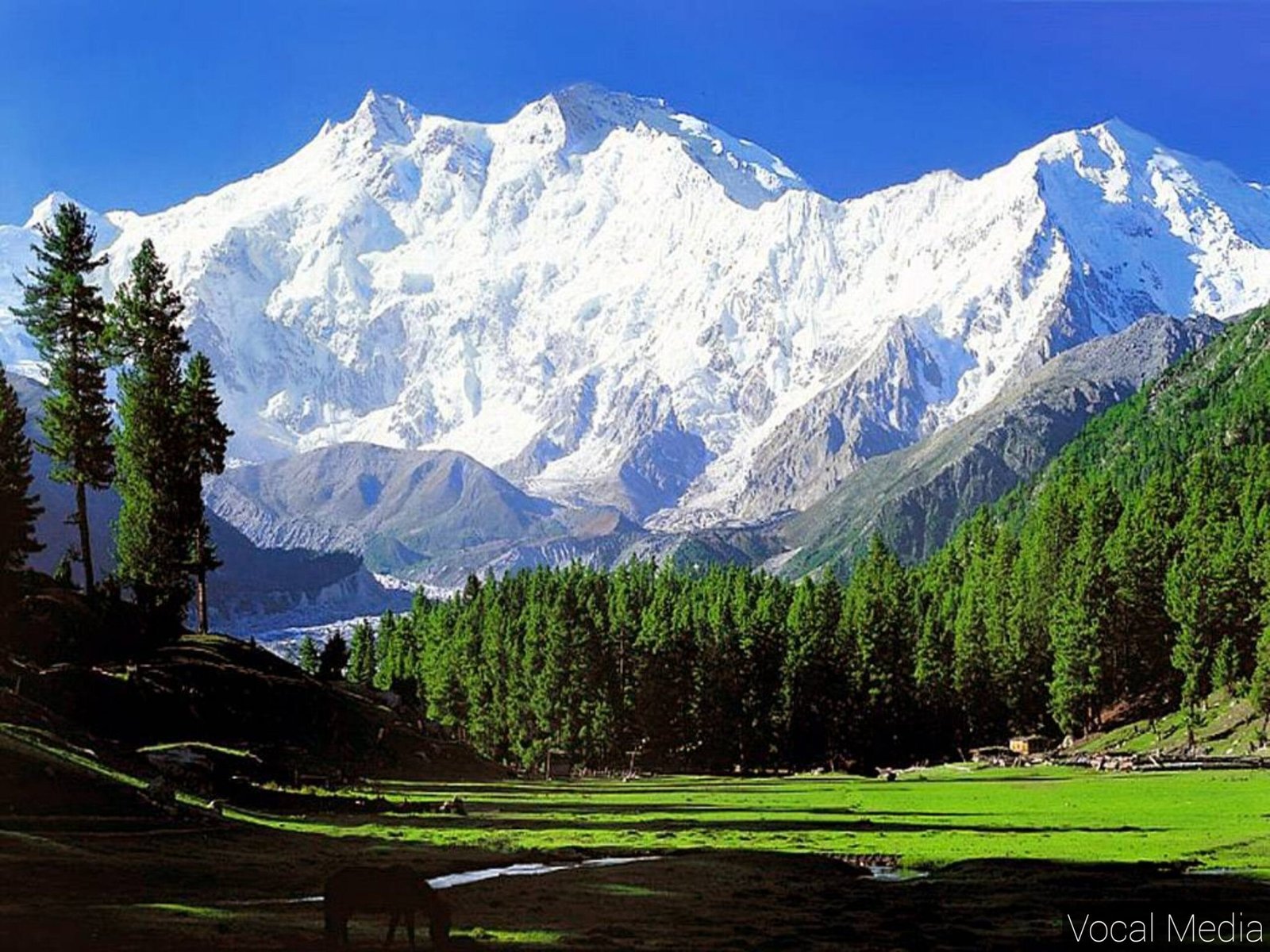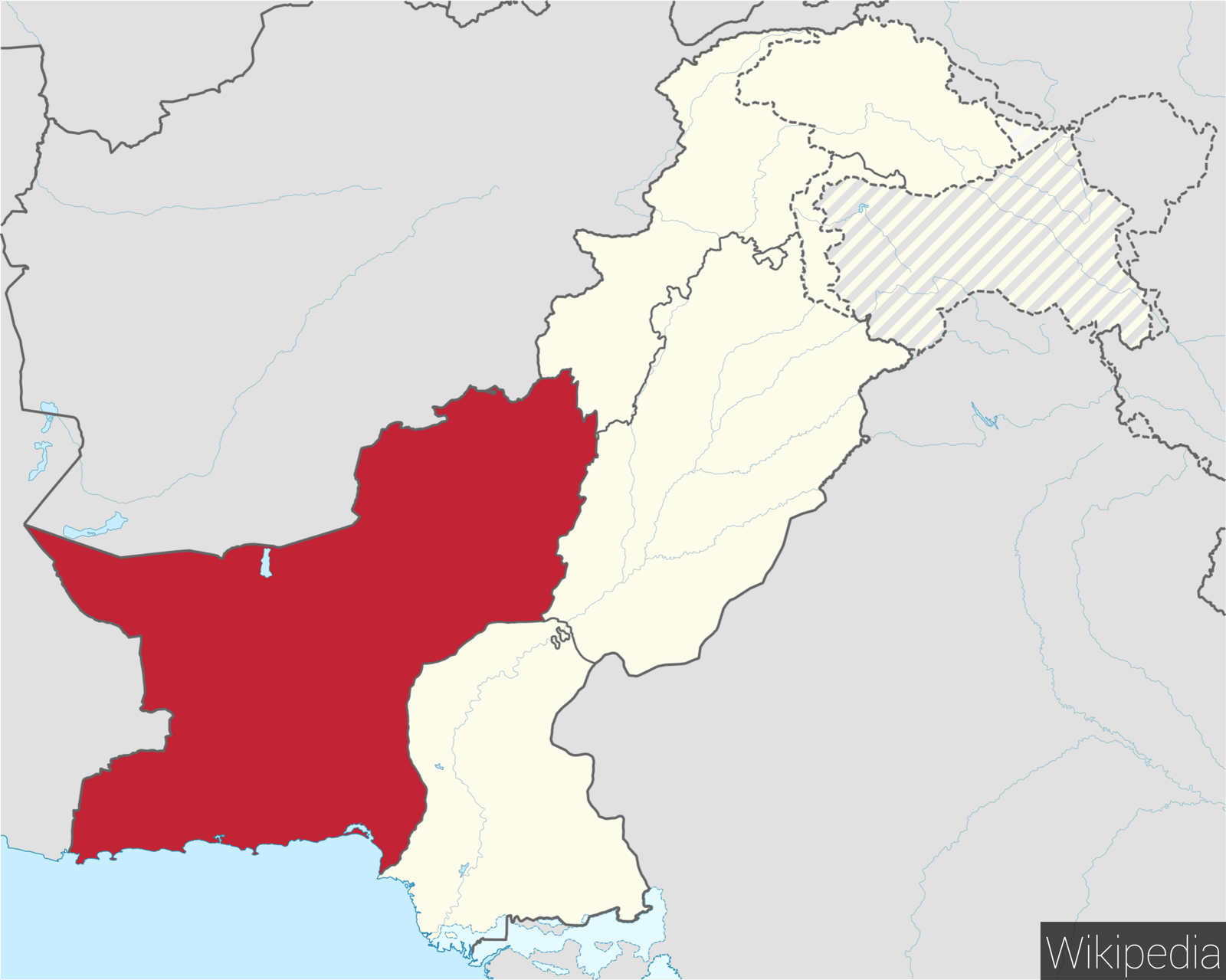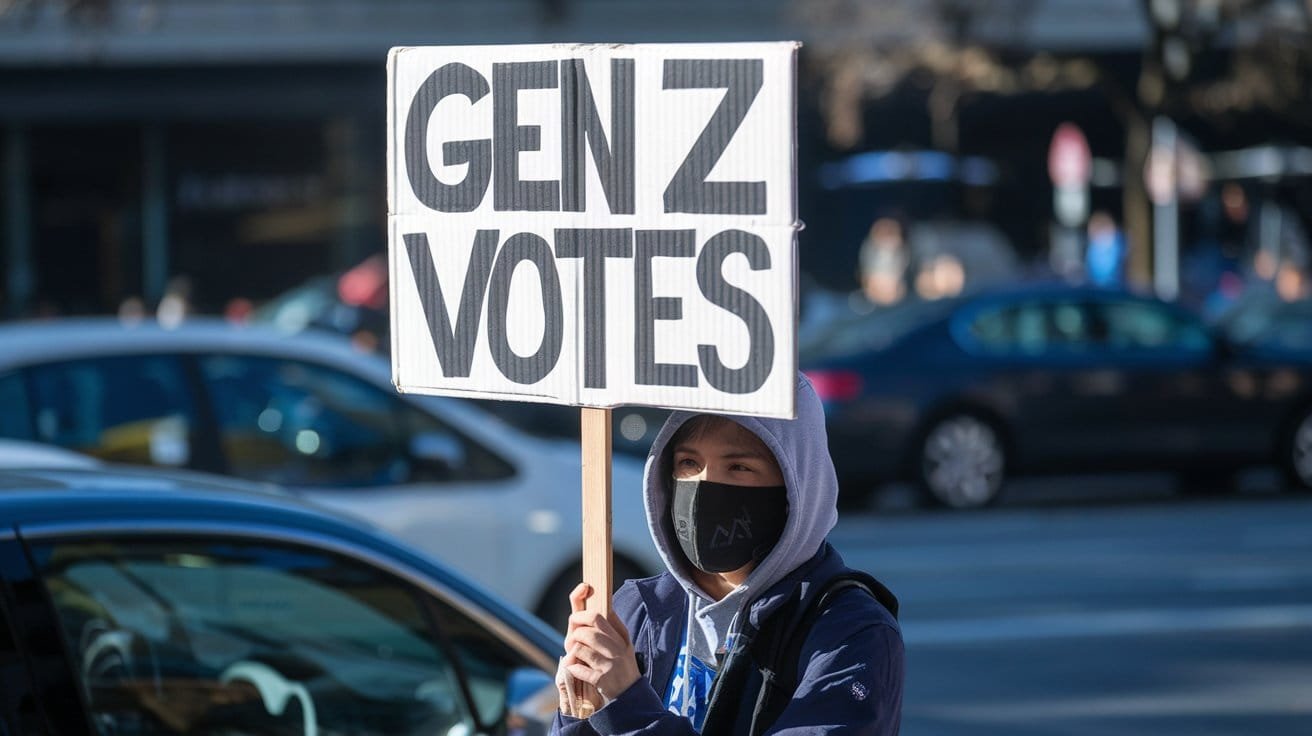
Understanding Generation Z: Characteristics and Values
People born between the mid-to-late 1990s and the early 2010s are known as Generation Z, or Gen Z. This generation is quite different from those before it. One of their key traits is a strong commitment to social justice. Growing up in a time of rising awareness about inequality, Gen Z cares deeply about issues like race, gender, and sexual orientation. They often take part in campaigns that support equal rights for all.
Gen Z is also very concerned about the environment. From a young age, they have seen debates about global warming. Because of this, they value eco-friendly habits and expect companies to act responsibly. Their constant connection to social media gives them a louder voice. They can quickly organize and join movements like Fridays for Future. Their concern for the environment is also tied to a belief in shared responsibility-everyone must help in the fight against climate change.
Gen Z also strongly values diversity and inclusion. They support multiculturalism and want to see fair representation in all parts of society. This generation is more accepting of different identities and lifestyles. They also expect schools, companies, and governments to focus on being inclusive in everything they do.
Another major concern for Gen Z is mental health. They believe it’s important to be mentally healthy and are open about talking about these issues. One of their goals is to end the stigma around mental health problems and make it easier for people to get help.
These values lay the groundwork for Gen Z’s political involvement in the future. As they grow older, their beliefs and priorities are likely to reshape politics in powerful new ways.
Gen Z’s Political Engagement and Activism
Because most of them grew up with the internet, Generation Z is very good at using technology. They also care a lot about social problems. This makes them an important part of today’s politics. Gen Z includes people born between the mid-1990s and early 2010s. They are often more active in fighting for change than older generations. They take part in many different political activities that are often connected. Social media helps them share messages, build support, and take action together.
A big part of Gen Z activism is how they use social media apps like Twitter, Instagram, and TikTok. These apps help them spread messages very quickly and to large groups of people. They can start big movements, tell their stories, and support causes within minutes. For example, when it comes to climate change, Gen Z has used social media to plan climate strikes and teach people about the problem. They also demand quick action from leaders. This way of online activism helps people work together and makes it easier for more people to get involved. It also changes how people usually take part
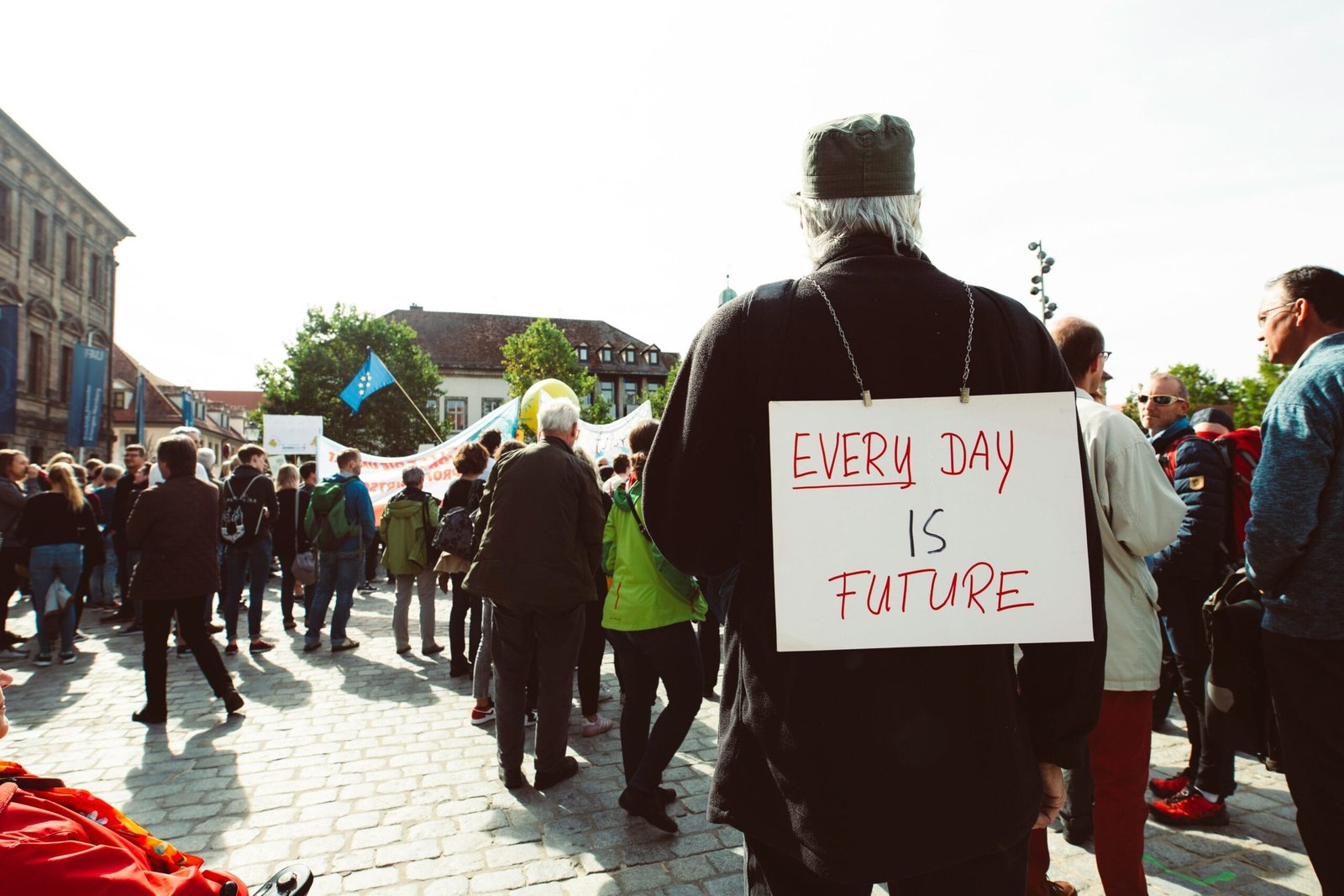
Generation Z shows their strong support for social justice by taking part in movements that fight for racial equality and better police practices. A clear example is the Black Lives Matter protests. These protests show how Gen Z uses both online tools and street protests to demand big changes. They understand that many social problems are connected. This helps them guide public conversations on important topics in a smart and powerful way.
They are quick to take action and raise awareness about many issues, showing a new kind of politics that values fairness and getting involved.
As Gen Z grows older and becomes more active in politics, their new ideas and strong passion for justice are changing the way people take part in politics. Their actions show not only what they care about but also new paths for the future. They bring fresh energy and open new ways to think about and solve problems.
Influence of Technology on Gen Z’s Political Participation
As we know that this generation includes those who born from the mid-to-late 1990s to the early 2010s. They grew up in a fast-moving digital world. This environment made technology an important part of how they take part in politics. Platforms like X, Instagram, and TikTok are key tools for Gen Z. These sites help them discuss political topics, share news, and lead movements. The fast way these platforms work lets messages reach many people quickly. This changes how political ideas are spread and understood.
Easy access to online petitions and digital actions has shaped how Gen Z gets involved in politics. Social media apps like Facebook and WhatsApp help people join together for causes. It takes little effort to show support or take action. This rise in online activism shows Gen Z’s wish to be involved in a real way. Often, they prefer this over traditional methods like political parties or town hall meetings.
But using technology for politics also brings some problems. One big problem is fake news. False stories can spread very fast and confuse people about important issues. Social media apps show users posts based on what they already like. This can create echo chambers. That means people mostly see ideas they already agree with. This makes it harder for different views to be shared and increases division.
These problems show why Gen Z must learn media skills. They need to know how to check facts and understand online content better. In the end, technology helps Gen Z get more involved in politics. But they must be careful. If they are not, fake news and one-sided views might hurt their goals for real change.
Looking Ahead: The Future of Politics with Gen Z at the Helm
As Gen Z starts taking part in politics, we may see big changes in how things work. They have strong tech skills and modern ideas. Gen Z wants to change not only laws but also the beliefs that shape our politics. This young group has seen many social problems, like climate change and unfair treatment. So, they bring new ideas that may change what leaders talk about in politics.
One big change we expect is more fair and open rules. Gen Z really cares about fairness and wants all people to be heard. They want leaders to listen to different groups, especially those who are often left out. Because of this, future laws might include more voices. This could push old political parties to change their plans if they want to stay important.
In most of the countries like Pakistan and Bangladesh, youth is getting More awareness about politics and social activism and developing the ability to lead their countries. That youth is the future of thse countries.
The ways people take part in politics will likely change too. Since Gen Z spends a lot of time online, we will likely see more digital activism and social media efforts. This may make leaders use these sites more to connect with people. Technology helps them talk to others and also helps small movements grow. These movements match the beliefs of Gen Z.
As Gen Z gets more power, big political changes may happen. Their special ideas and goals may bring in new rules and ways of thinking. Because of their actions, the world of politics may focus more on people taking part. It may also care more about being fair to everyone and trying new ways to solve problems.


